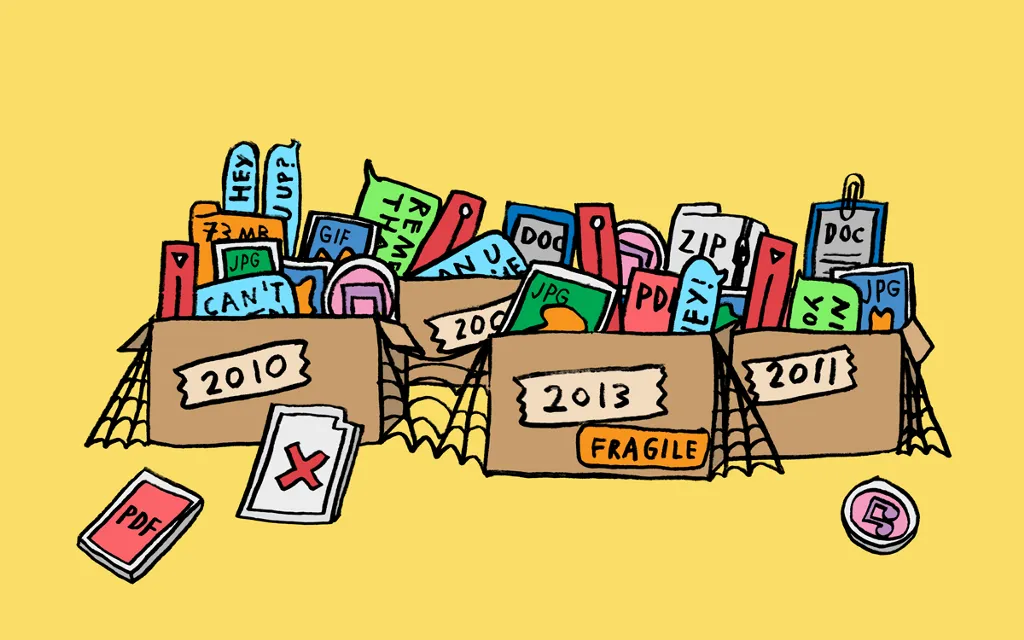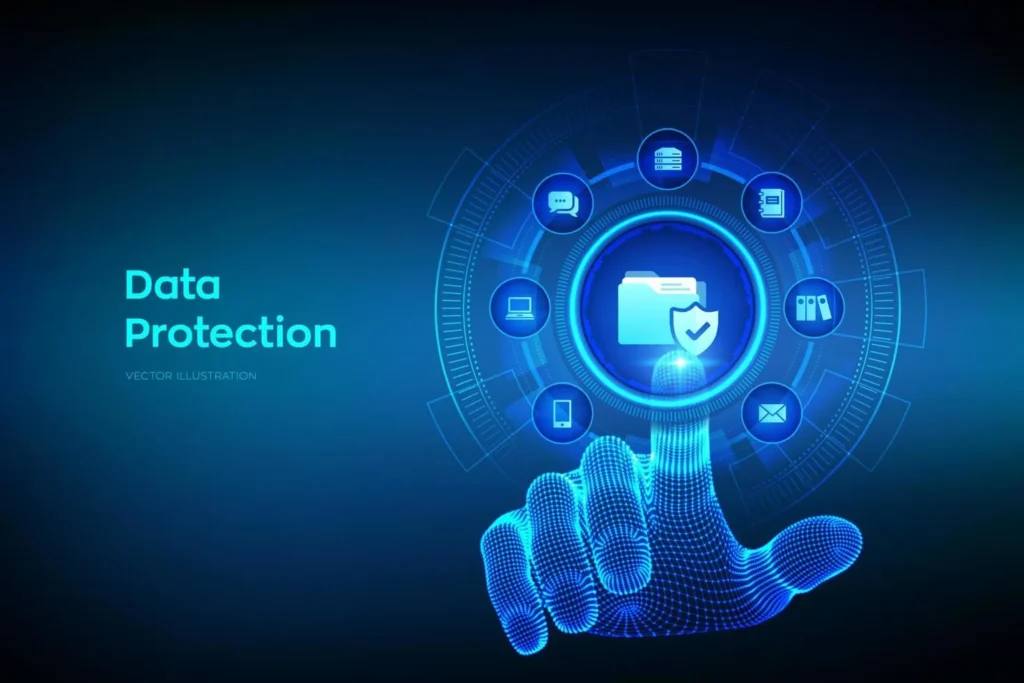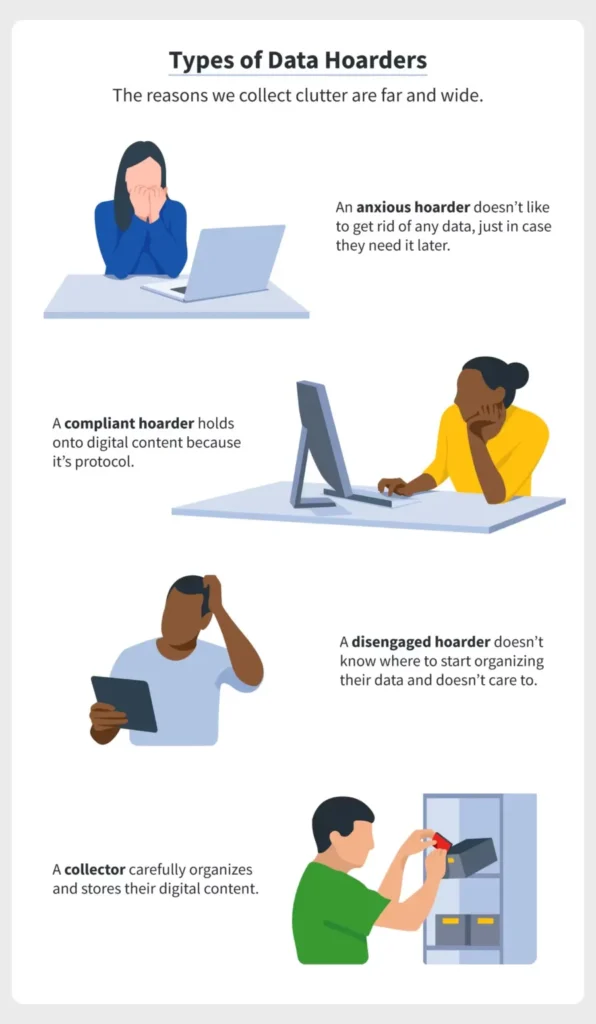Is It Dangerous to Be a Pornhoarder? Digital Risks, Psychology, and Privacy

In the age of unlimited online access, many people quietly collect and store vast libraries of adult material. Some call themselves “pornhoarders.” While the term may sound humorous or extreme, the behavior behind it raises serious questions about digital health, mental well-being, and privacy risks. Is it dangerous to be a pornhoarder? Let’s explore.
What Is a Pornhoarder?
A pornhoarder is someone who downloads and stores large quantities of adult content, often organizing it into folders and personal archives. This habit usually starts with a few downloads for offline use but can grow into hundreds of gigabytes or even terabytes of files over time.
This is not just about watching porn. It’s about collecting, curating, and keeping — often without revisiting much of the stored material.
The Digital Risks
Privacy Violations
Keeping large collections of adult material locally (on hard drives, phones, or cloud services) poses a major privacy risk:
- If your device is hacked, lost, or shared, your collection could become public.
- If stored on the cloud, you’re trusting third-party platforms to protect highly sensitive material.
Malware & Unsafe Downloads
Many adult sites and torrent sources are filled with:
- Trojan viruses
- Ransomware masked as media files
- Spyware that logs browsing and download habits
Those who hoard from unsafe or pirated sources are especially exposed.
Hardware Strain

Storing terabytes of video content can clog up systems, cause lag, and even damage external drives over time. Few people back up this material securely, which adds to long-term storage issues.
Psychological Concerns
Compulsive Behavior
Digital hoarding is sometimes linked to OCD (Obsessive Compulsive Disorder) or impulse-control challenges. The constant need to “complete the collection” — even if you’re not using the content — can signal:
- Underlying anxiety
- Avoidance behaviors
- A sense of control in chaos

Emotional Isolation
People who excessively hoard porn sometimes report:
- Loneliness
- Dissociation from real relationships
- Guilt or shame
When the habit becomes a secret part of life, it can affect self-esteem and emotional health.
Legal Boundaries You Might Cross
Even if your collection is private, it could contain:
- Copyrighted content obtained without permission
- Material involving unclear or fake consent
- Files downloaded from forums or sites that violate national/international laws
Ignorance isn’t protection. Many people don’t realize their collections include questionable or legally risky material until it’s too late.
When Does It Become a Problem?
Not everyone who stores adult content is a hoarder. It becomes problematic when:
- You store more than you use, compulsively
- You feel anxious about deleting anything
- You hide the behavior even from yourself
- You risk relationships, security, or mental health over it
Safer Alternatives
If this is something you relate to, here are a few suggestions:
- Use streaming only (no downloads) from trusted platforms
- Set digital boundaries: folders, limits, no-go zones
- Talk to a therapist if hoarding is causing distress or compulsions
- Use encrypted storage and strong passwords if privacy is a concern
Final Thoughts
Being a pornhoarder isn’t inherently dangerous — but it comes with real risks. From digital privacy to emotional health and legal exposure, this habit deserves thoughtful reflection. Like any form of media consumption, balance, intention, and boundaries make all the difference.
FAQ: Pornhoarding, Digital Risks, and Mental Health
Pornhoarding isn’t automatically dangerous, but it can pose risks related to privacy, mental health, and digital security if it becomes excessive or unmanaged.
The main risks include data breaches, malware infections, legal exposure from illegal downloads, and emotional stress linked to compulsive collecting.
Not always. However, when the behavior becomes compulsive, anxiety-driven, or emotionally isolating, it may be linked to digital hoarding or underlying psychological concerns.
Yes. Downloading copyrighted or illegal content—even unintentionally—can lead to serious legal consequences if discovered.
Using trusted streaming platforms, setting digital limits, avoiding downloads, and maintaining strong privacy and security practices are safer options.